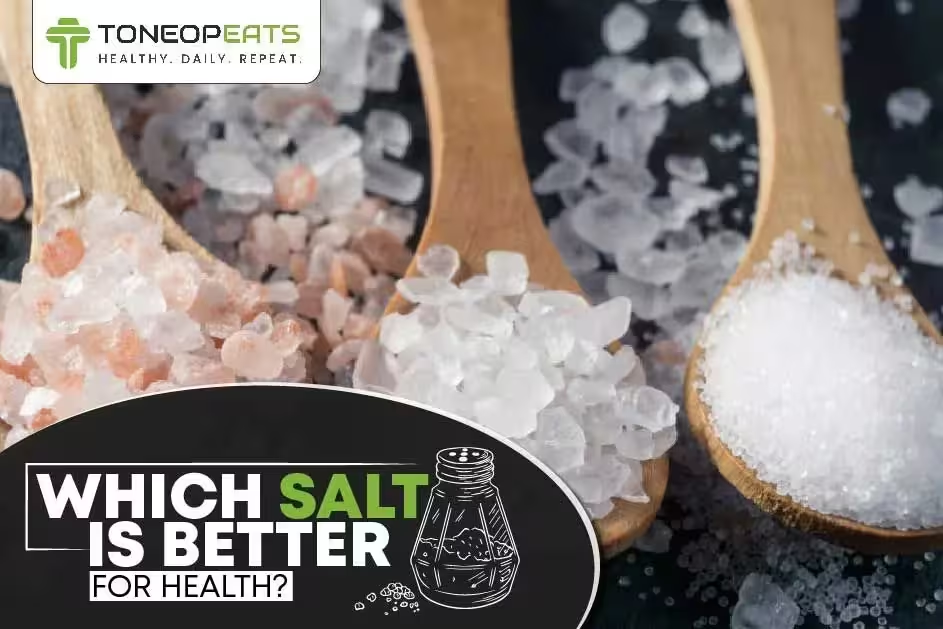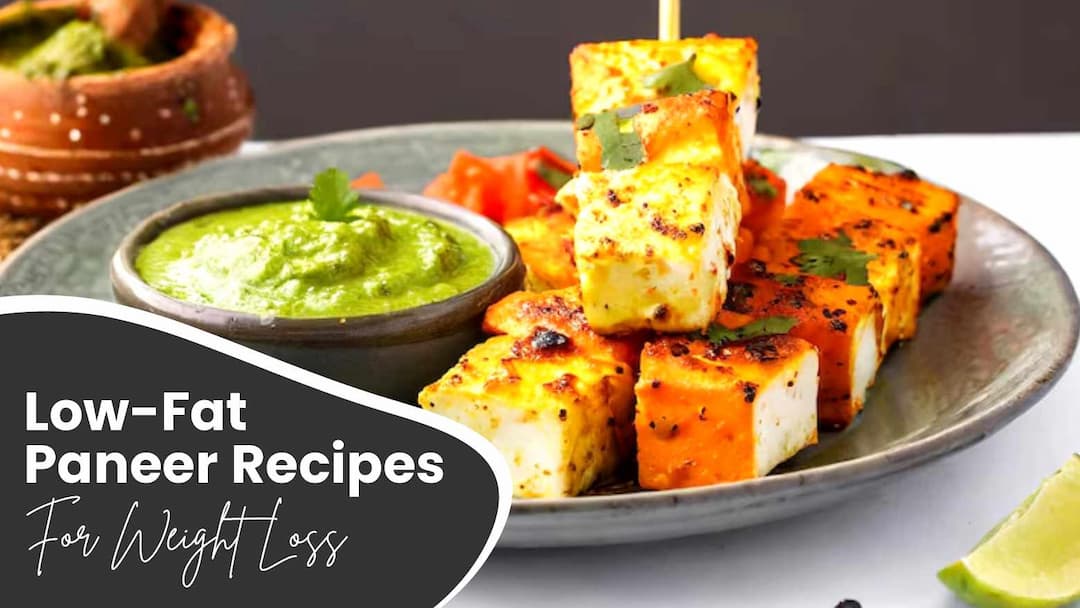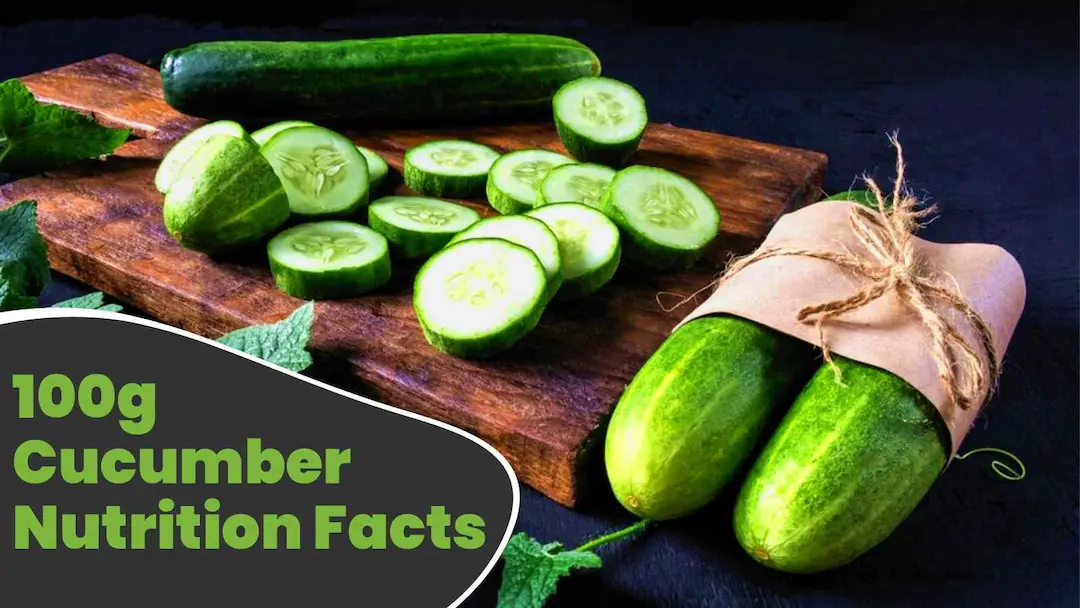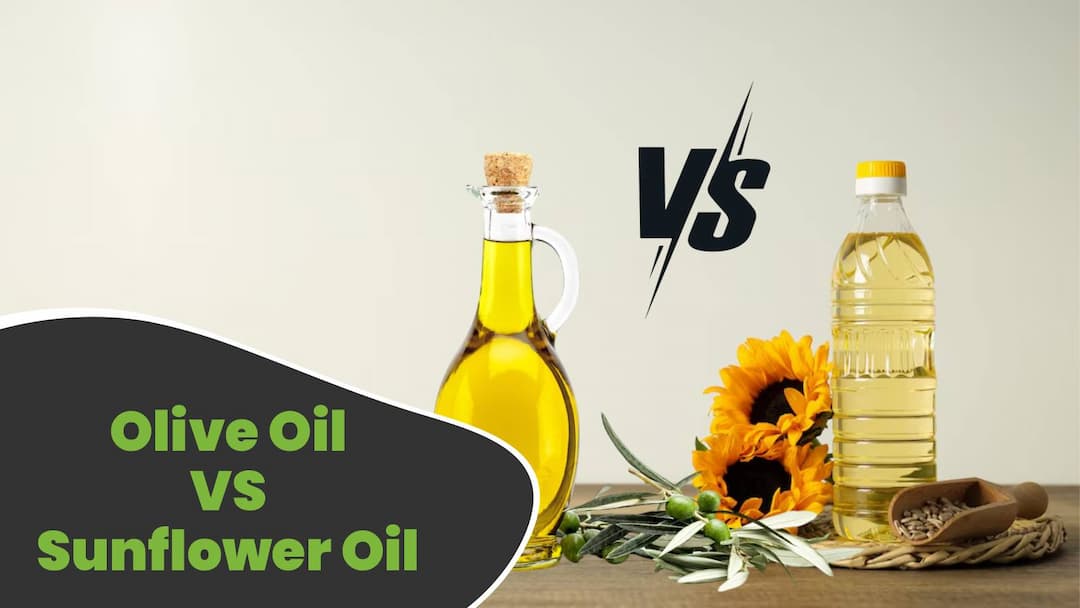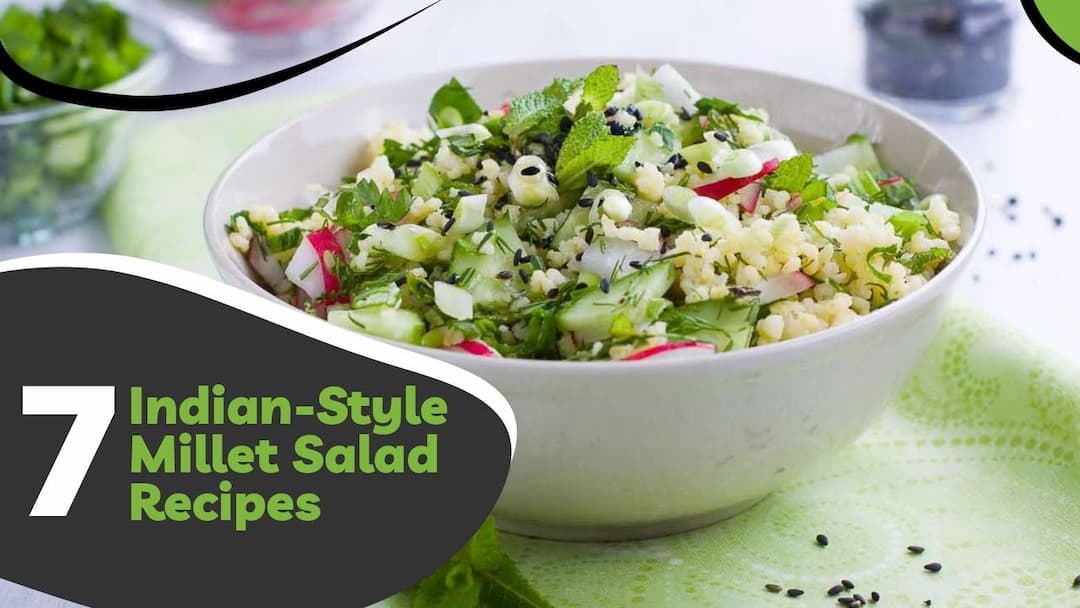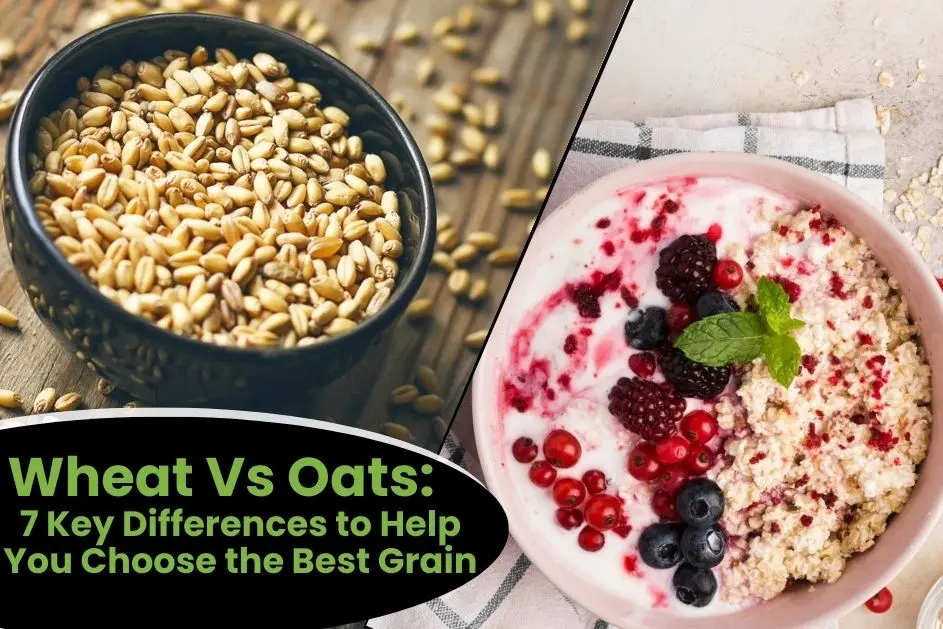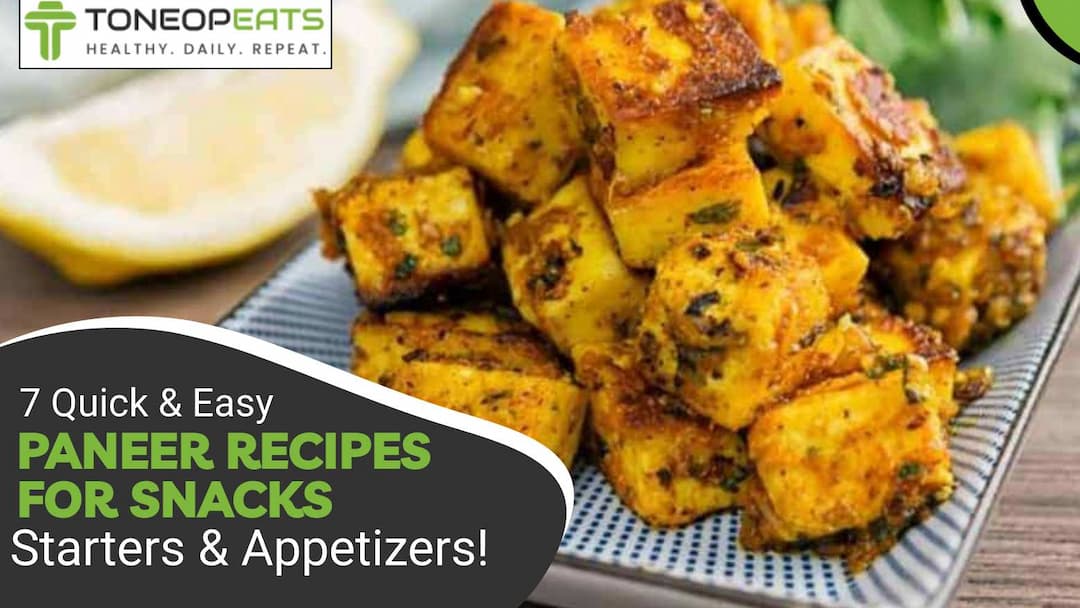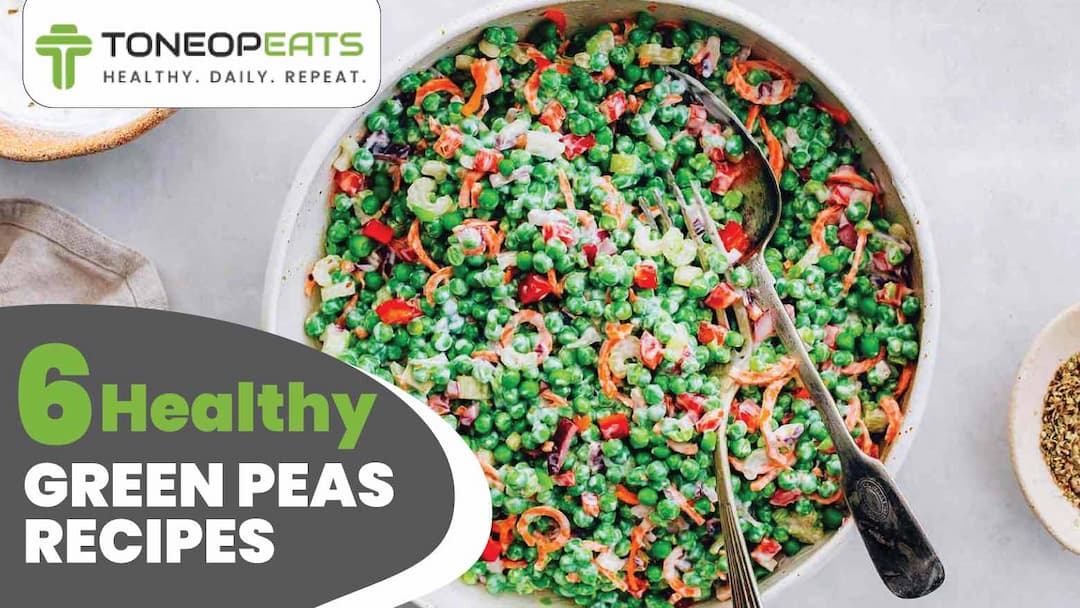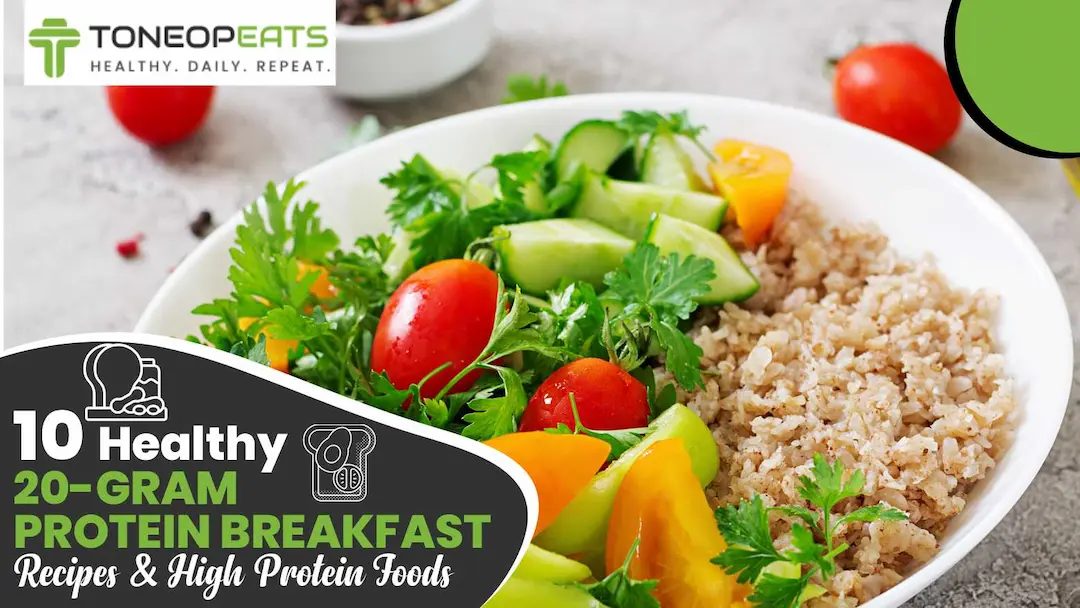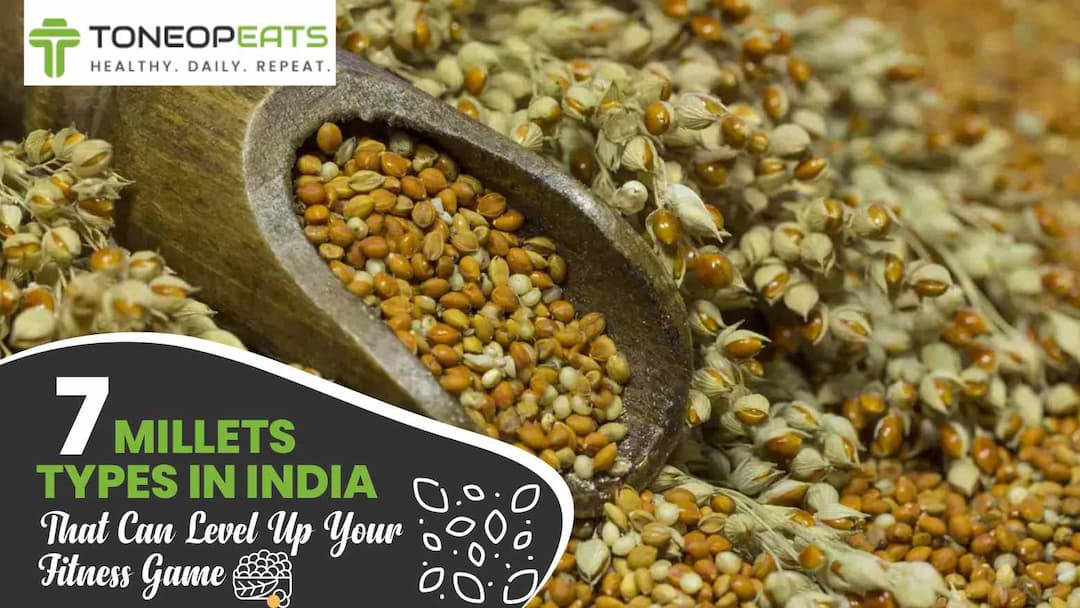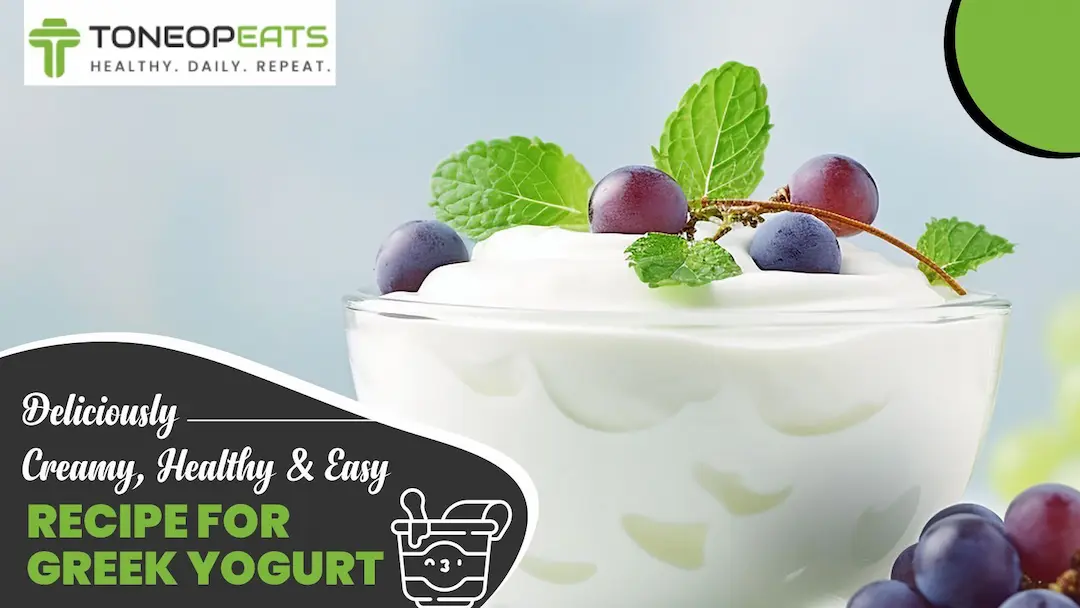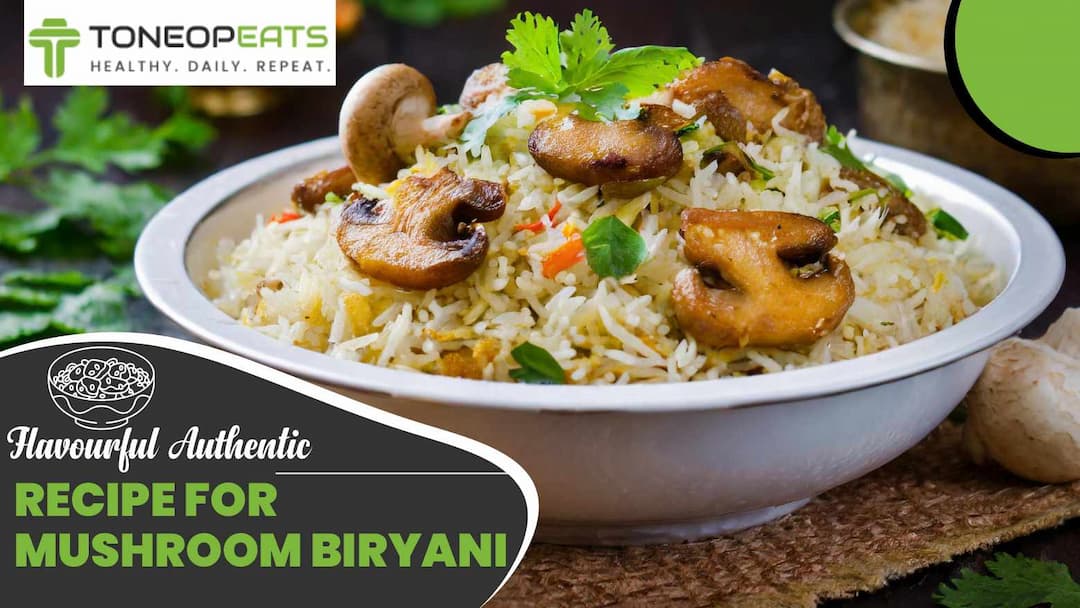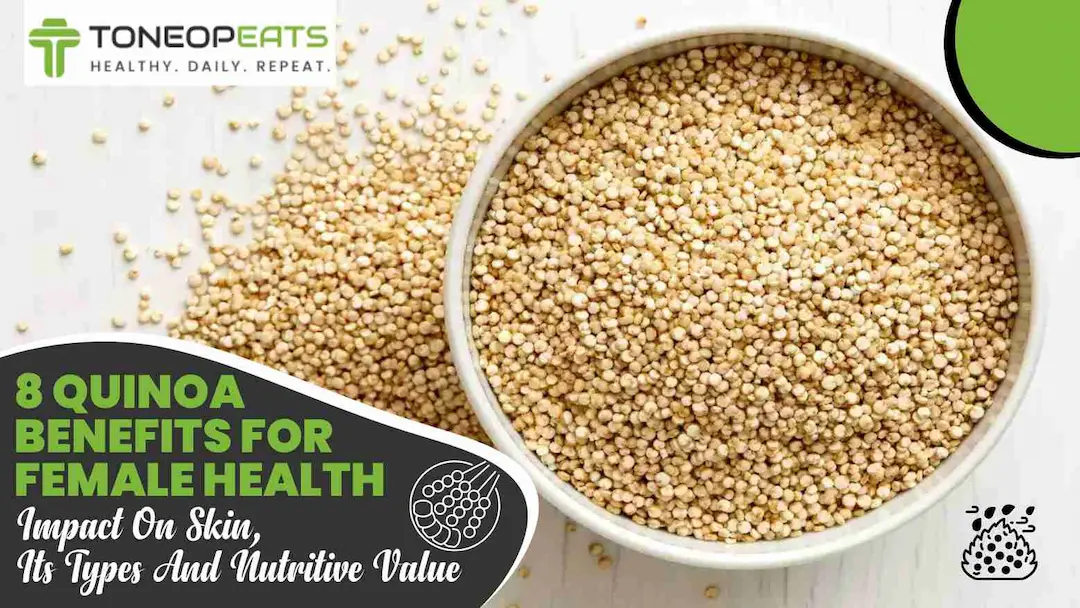Salt is an essential ingredient in every cuisine and has been used for centuries to preserve food and enhance flavour. But it is not just a taste enhancer; salt is one of the significant sources of sodium, one of the crucial elements for the proper functioning of the body. Now, the argument comes when deciding which salt is healthier. You might have also switched your regular table salt with sea salt or Himalayan salt or might be planning to make the changes in your kitchen, but choosing the healthiest option can be confusing.
Every variety has distinct mineral compositions and processing techniques that might affect health differently. Commonly iodised and finely powdered, table salt is a popular ingredient in processed meals and used in residences. However, its high sodium level can pose health risks if ingested excessively. As an alternative that may be less sodium-laden and more natural, sea salt is made from evaporated seawater while retaining trace minerals. The pink colour and rich mineral composition of Himalayan salt, extracted from old seabeds, are well-known. It contains magnesium and potassium.
Read along to find the answer to “Which salt is better for health?” We will explore the role of salt in the body, their types, whether iodised salt is better or not, and which salt has the most minerals. Keep reading!
Table Of Contents
- Which Salt Is Better For Health?
- What Are The Different Types Of Salt?
- Is Pink Himalayan Salt Healthier?
- Which Salt Is Better, Iodised Or Not?
- Which Salt Has The Most Minerals?
- What Is The Role Of Salt In Your Body?
- Dietitian’s Recommendation
- The Final Say
- FAQs
- References
Which Salt Is Better For Health?
The best type of salt depends on your dietary needs and preferences. The typical table salt you buy is iodised to provide the nutrients needed for thyroid health. However, the trace mineral content in salt and the refined process it undergoes can be of concern. Maintaining sodium intake and health is crucial for overall well-being.
On the other hand, sea salt and Himalayan red salt contain many natural minerals, such as magnesium, calcium, and potassium, which enhance flavour and provide small amounts of nutritional value.
Kosher salt is famous for its large, easy-to-break crystals and usually contains no additives and no iodine. Consider your entire diet when choosing the best salt. If you get enough iodine from other sources, such as dairy products, seafood, and vegetables, you can choose sea salt or Himalayan red salt for its mineral content and flavour.
However, if your diet is deficient in iodine, using iodised table salt can help prevent iodine deficiency. Use salt sparingly to prevent consuming too much sodium, which can cause high blood pressure and other health issues.
Also Read: 7 Benefits Of Drinking Protein Shake Before Sleep For Muscle Growth And Better Rest!
What Are The Different Types Of Salt?

Different types of salt options available are:
1. Table Salt
Table salt is the most common salt in the household. It is highly processed and often has added iodine, which is important for thyroid health. Smaller pieces melt easily and are ideal for cooking and baking. However, they often contain anti-inflammatory ingredients to prevent caking. While convenient and effective, table salt lacks the trace minerals found in less processed salts.
2. Sea Salt
Sea salt is created by evaporating seawater, resulting in larger, coarser crystals. It is minimally processed and retains minerals such as magnesium and calcium, which enhance taste. Sea salt benefits from its trace minerals and distinct flavours derived from different regions
However, it may contain impurities from the ocean, including microplastics. Because of its unique beauty, sea salt is used as a salt, primarily for decoration purposes.
3. Kosher Salt
Kosher salt benefits from its larger grains, which make it easier to pinch and control while cooking. It is less processed than table salt and usually contains no additives. Its texture is easy to work with and distributes evenly, making it a chef's favourite for cooking and seasoning. However, it does not contain iodine.
4. Himalayan Pink Salt
Himalayan red salt is mined from ancient salt mines in the Himalayas. It is known for its unique red colour, which comes from iron, calcium, and potassium elements. Less common than table salt, Himalayan pink salt benefits include mineral richness and a unique taste, and it is also popular for its appearance.
Also Read: What Is Lean Protein? Know 11 Foods, Sources, Benefits And Guidelines!
Is Pink Himalayan Salt Healthier? Himalayan Pink Salt Vs Sea Salt
Himalayan red salt and sea salt are known for their higher mineral content than ordinary salt. Himalayan red salt, in particular, contains more than 80 minerals, such as iron, calcium, potassium, and magnesium. The composition provides salt its red colour and contributes to its unique flavour and health benefits.
Sea salt is also rich in minerals because it is produced by evaporating seawater and is minimally processed. It has trace levels of potassium, calcium, and magnesium, which enhance the salt's flavour and nutritional value. However, although this salt's mineral content is higher than that of ordinary salt, it is still inadequate.
Let’s look at the following table to gain more insights into the debate on Himalayan pink salt vs sea salt:
Features | Himalayan Pink Salt | Sea Salt |
| Source | Mined from ancient salt deposits in the Himalayan mountains. | Produced by evaporating seawater.
|
| Colour | It is pink due to trace minerals like iron. | Typically, white or light grey. |
| Processing | Minimally processed and natural. | Minimally processed and natural. |
| Mineral Content | Contains over 80 trace minerals, including iron, calcium, potassium, and magnesium. | Contains trace minerals like magnesium, calcium, and potassium but less than Himalayan pink salt. |
| Flavour | Slightly different, often described as more earthy. | Slightly briny varies depending on the source. |
| Texture | Coarse, often used in grinders. | It can be coarse or fine, often used as a finishing salt. |
| Health Claims | Often marketed for supposed health benefits, though scientific evidence is limited. | It is valued for its natural mineral content, but its benefits are modest. |
| Cost | Generally, it is more expensive. | Typically, it is less expensive. |
| Environmental Concerns | Mining impact should be considered. | It may contain microplastics and pollutants from the ocean. |
| Common Uses | Seasoning, finishing dishes, decorative purposes. | Cooking, finishing dishes, seasoning. |
Which Salt Is Better, Is It Iodised Or Non-Iodized?
Iodised salt is advantageous because it contains iodine, which is necessary for thyroid function and metabolism. Hypothyroidism and goitre are two thyroid issues that can result from an iodine deficit. Hypothyroidism is a significant public health problem in many parts of the world, and iodised salt is an effective way to prevent it.
Non-iodised salts, such as sea salt, Himalayan red salt, and kosher salt, do not provide this vital nutrient. However, they may provide other benefits. For example, sea salt and Himalayan red salt have ‘voids’ that enhance the flavour and texture of foods. Kosher salt has large crystals and is preferred by chefs for its ease of transportation and distribution.
The choice of iodised or non-iodised salt depends on your nutritional needs. If your diet does not include iodine-rich foods (such as dairy, seafood, and eggs), using iodised salt is an intelligent choice to prevent iodine deficiency. If you already get enough iodine from other sources, non-iodised salt can be a delicious, natural alternative. Regardless of the type, remember to use salt in moderation to maintain a healthy sodium intake.
Also Read: How Is Prebiotic And Probiotic Different? Understand Their Uses For Digestion, Immunity & More!
Which Salt Has The Most Minerals?
Himalayan red salt and sea salt are known for their higher mineral content than ordinary salt. Himalayan red salt, in particular, contains more than 80 minerals, such as iron, calcium, potassium, and magnesium. This food provides salt for its red colour and contributes to its unique flavour and health benefits.
Sea salt is also rich in minerals because the evaporation of seawater produces it and is minimally processed. It contains small amounts of magnesium, calcium, and potassium, which improve the taste and nutritional content of the salt.
What Is The Role Of Salt In Your Body?
Salt plays a significant role in your body in maintaining:
Role In The Body | Explanation |
| Fluid Balance | Sodium is an important salt that helps maintain internal and external fluid balance. Hydration involves managing the amount of water the body stores or removes. |
| Nerve Function | It is important for the transmission of nerve impulses and for communication between the brain and various parts of the body. |
| Muscle Function | Promote muscle contraction and relaxation. It is vital for functions such as heart rate and voluntary movement. |
| Blood Pressure Regulation | Sodium content affects blood volume, which in turn affects blood pressure. Balance is essential; too much salt can cause high blood pressure. |
| Electrolyte Balance | Maintaining a good balance of electrolytes (sodium, potassium, and chloride) in the body supports many physiological processes, such as hydration and pH balance. |
| Nutrient Absorption | It helps the absorption of nutrients and minerals from the intestines. Supports overall digestive health and absorption. |
Dietitian's Recommendation
Keep in mind that high blood pressure and salt consumption are closely linked, making moderation important. So, choose the best salt based on your dietary needs, preferences, and health goals. Daily consumption of salt should be at most 1.5gm.
Table salt provides essential iodine but lacks the trace elements in sea salt and Himalayan red salt. Sea salt is more discerning in flavour, while Himalayan red salt has finesse and mineral content. Kosher salt is a universal choice for cooking but does not contain iodine. The types of salt have different benefits and should be selected based on your dietary needs.
Dt. Akshata Gandevikar
The Final Say
Ultimately, the type of salt you choose is a matter of personal preference and culinary needs. While speciality salts may offer trace minerals and unique flavours, they are not necessarily superior to regular table salt in terms of health benefits. Moderation is key, regardless of the salt type you select. Remember, a balanced diet and overall healthy lifestyle are more impactful on your health than the specific salt you use in your kitchen.
FAQs
1. What does Himalayan pink salt taste like?
Himalayan pink salt offers a gentle, earthy flavour that is less intense than typical table salt. The flavour is frequently characterised as intricate because of the presence of minerals such as iron and magnesium. This feature makes it a flavourful option for adding taste to meals without being too strong.
2. Can I still add a little bit of salt to a low-sodium diet?
Yes, you may still put a little salt in a low-sodium diet, but should do it very carefully. Try to use other things instead of salt and make food tasty with herbs and spices to help keep sodium levels lower.
3. What’s the notable difference between iodised salt and sea salt?
The big difference between iodised salt and sea salt is that iodised salt has extra iodine, which is important for keeping the thyroid gland healthy. Sea salt, however, usually goes through less processing and has small amounts of different minerals but doesn't have added iodine normally.
4. If I have hypertension, which is better, Kosher salt or table salt?
For hypertension, it is important to use both Kosher salt and table salt carefully. Kosher salt has bigger grains, making it easier to control how much you put in food, but the main thing is to reduce sodium intake no matter which kind of salt you use.
References
- https://www.indiatoday.in/health/story/what-are-the-healthiest-types-of-salt-know-which-one-is-the-best-for-you-2462824-2023-11-14
- https://www.webmd.com/diet/himalayan-salt-good-for-you
- https://www.verywellfit.com/what-kind-of-salt-is-healthiest-4157937
- https://www.heart.org/en/healthy-living/healthy-eating/eat-smart/sodium/sea-salt-vs-table-salt
About ToneOp Eats
ToneOp Eats is your go-to health kitchen, delivering nourishing meals in Bhopal, Indore & Bangalore. The meals are prepared with strategically planned nutrition and portions for your health goal. With just three simple steps, you can subscribe to a meal plan for weight loss, muscle gain, or balanced diet goals. Experience the perfect blend of taste and wellness in our nutrient-dense and calorie-counted range of meals, including protein-rich grills and meal bowls, full of fibre salads & smoothies, workout-friendly protein 30,40,50 meals and refreshing juices!







